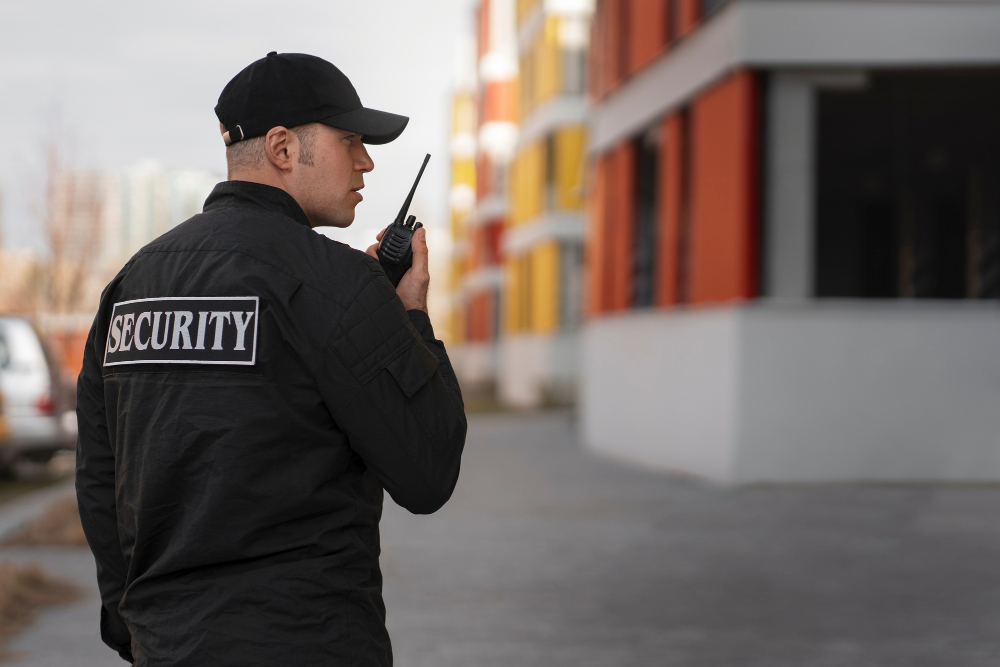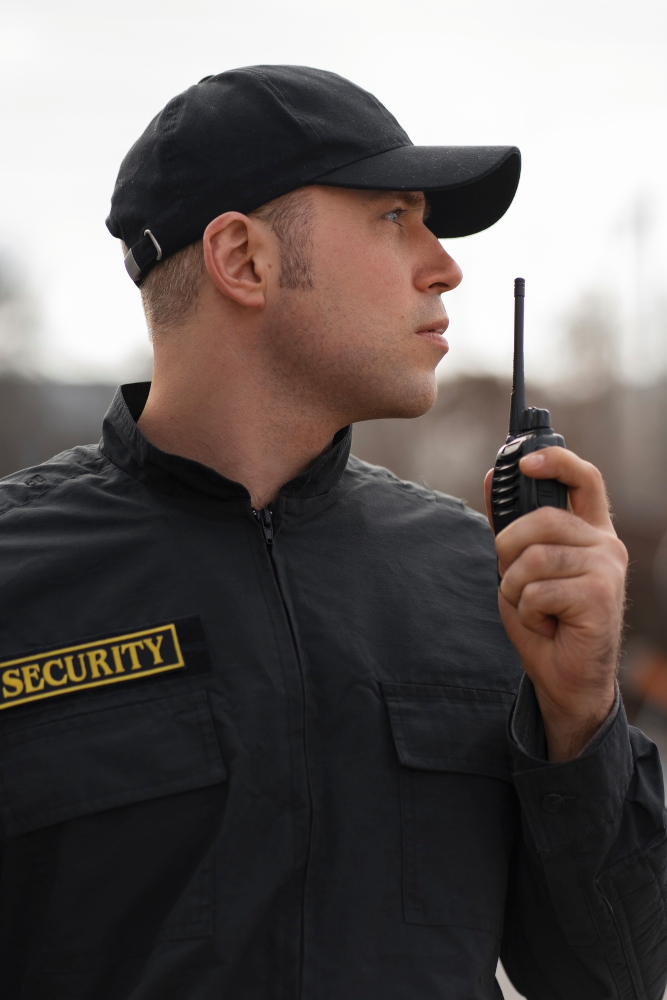Retail stores are a common target for criminals, making retail security a top priority for store owners. With the rise of organized retail crime and other threats, it is crucial to have trained professionals who can safeguard stores and customers. That's where the role of a retail security agent comes in. In this blog post, we'll explore the importance of enhancing retail security and how a well-trained retail security agent can play an essential role in keeping your business safe from potential risks. Join us as we delve deeper into this vital topic!
Retail Security: An Overview
When we talk about retail security, it encompasses all the measures taken to safeguard a store and its customers from potential threats. This includes both internal and external risks, such as theft, fraud, vandalism, violence, and more.
Retailers must take proper precautions to ensure that their stores are secure at all times. They need to invest in adequate security measures like alarm systems, CCTV cameras, access control systems, and trained personnel who can respond quickly during emergencies.
Having a robust retail security plan in place not only protects your business assets but also creates a safer shopping experience for your customers. With the right mix of technology-based solutions and human intervention from well-trained professionals like retail security agents, you can minimize the risk of incidents occurring on your premises.
It's essential to keep up-to-date with current trends in retail security by regularly reviewing your policies and procedures. By doing so, you'll be better equipped to identify new threats and adapt accordingly while ensuring that customers feel safe when they shop at your store.
The Role of a Retail Security Agent
The role of a retail security agent is vital in ensuring the safety and security of both stores and customers. Retail security agents are responsible for monitoring customer behavior, preventing theft, identifying potential risks, and responding to emergencies.

One crucial aspect of a retail security agent's job is to maintain a visible presence within the store. By doing so, they deter would-be thieves from attempting to steal merchandise or cause trouble. They must also be able to identify suspicious behavior quickly and discreetly while maintaining an approachable demeanor with customers.
Retail security agents must have excellent communication skills as they frequently interact with employees, management, law enforcement officials, and customers. Their ability to communicate effectively can help prevent misunderstandings that may lead to conflict or escalate an already tense situation.
In addition to their observational skills and communication abilities, retail security agents must possess sound judgment when assessing potential threats. They need to know when it's time to call reinforcements or alert law enforcement agencies when necessary.
The role of a retail security agent requires someone who is vigilant yet approachable – someone who can diffuse volatile situations while keeping stores safe for everyone involved.
Training for Retail Security Agents
Training is crucial for retail security agents to ensure they can effectively fulfill their roles and responsibilities. Retail security agents should be trained on various topics, including customer service skills, conflict resolution strategies, emergency procedures, and identifying potential threats.
Customer service training equips security agents with the necessary knowledge and skills to interact with customers in a friendly manner while still being vigilant about any suspicious behavior. Conflict resolution training teaches them how to handle difficult situations that may arise when dealing with unruly or aggressive customers.
Emergency procedure training prepares security agents for unexpected events such as medical emergencies or natural disasters. They should have knowledge of evacuation procedures, first aid techniques, and communication protocols during emergencies.
Identifying potential threats is also an essential part of retail security agent training. This includes recognizing signs of theft or fraud and understanding how to diffuse potentially dangerous situations without escalating them further.
Continuous education and development are important for retail security agents as well. Refresher courses help keep their skills up-to-date so they can adapt to new challenges in the ever-evolving landscape of retail safety and security.
Enhancing Retail Security through Technology
Advancements in technology have significantly transformed the way retail security operates. With innovative solutions, retailers can enhance their security measures and protect their stores effectively. One of the most significant technological advancements is the use of surveillance cameras that are strategically placed around a store to monitor customer activity continuously.
Retailers can also leverage advanced software tools such as facial recognition technology that provide them with real-time alerts whenever suspicious individuals enter their premises. Additionally, computerized inventory management systems make it easier for retailers to keep track of all items sold and detect any discrepancies quickly.
Technology has also improved access control and monitoring systems through biometric authentication, which allows authorized personnel to gain entry by scanning fingerprints or facial features instead of traditional keys or access cards. This adds an extra layer of protection against unauthorized entry into restricted areas.
Newer technologies like virtual reality simulations can be used to train retail security agents on how to handle various scenarios such as dealing with shoplifters or emergency situations in a simulated environment before encountering them in real life.

Retailers can take advantage of advancements in technology to improve their overall security posture and safeguard both customers and their stores from potential threats.
Conclusion
Enhancing Retail Security: The Role of a Retail Security Agent in Safeguarding Stores and Customers
As we have seen, retail security is crucial for the safety and well-being of stores and customers alike. A retail security agent plays a vital role in protecting these assets by preventing theft, monitoring suspicious activity, and responding to emergencies.
Through proper training, a retail security agent can develop the skills necessary to handle various situations that may arise while on duty. By staying up-to-date with new technologies like video surveillance systems and alarm systems, retailers can be proactive in deterring criminal behavior.
It's essential for retailers to prioritize their security efforts by investing in trained professionals who specialize in this area. With the right knowledge and tools at their disposal, retailers can significantly reduce risks associated with theft or other unwanted activities within their stores. Ultimately creating an environment where customers feel safe shopping ensures loyalty from them as your business grows over time!
